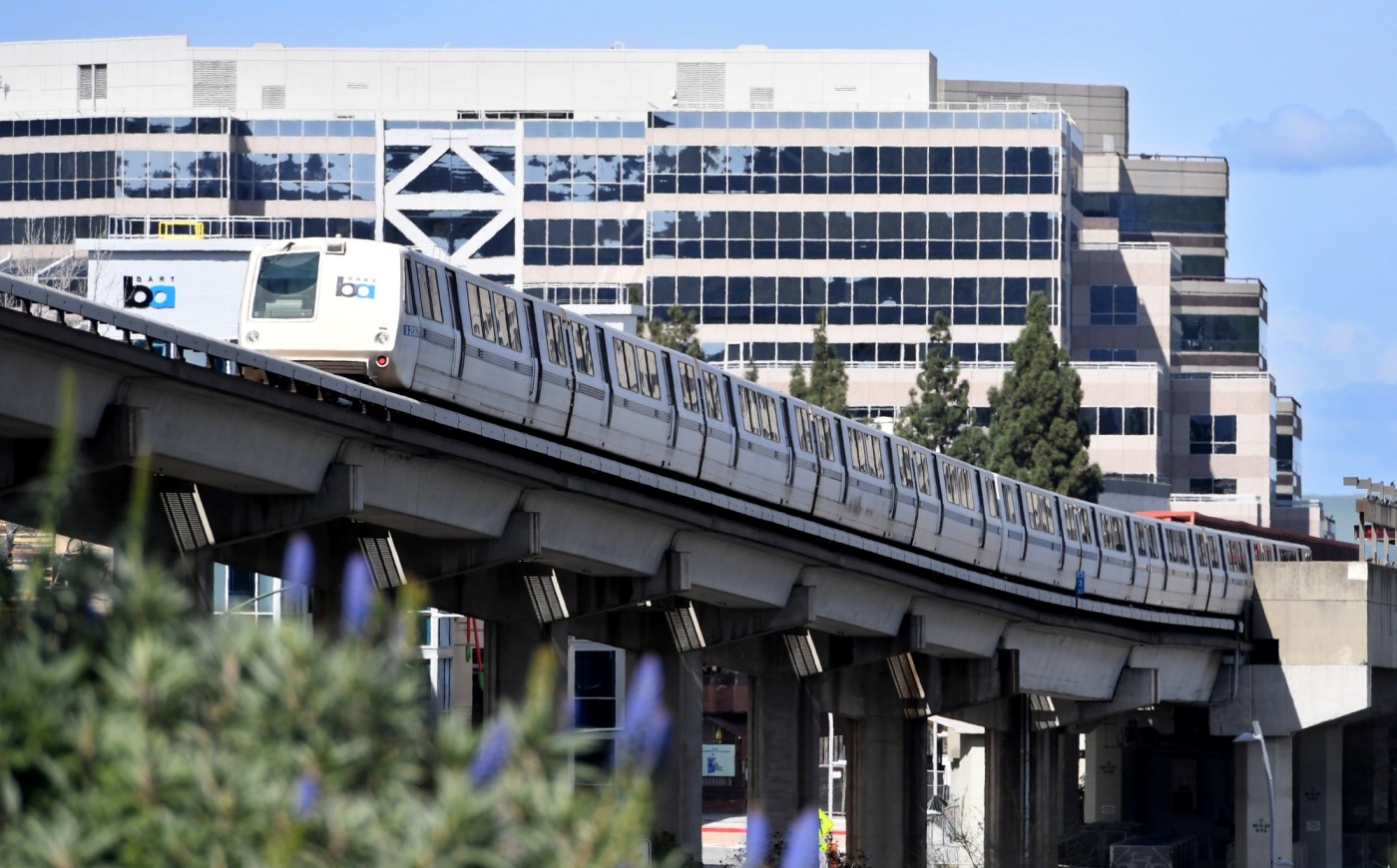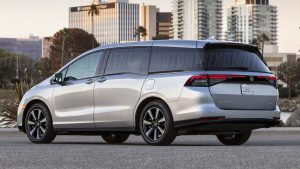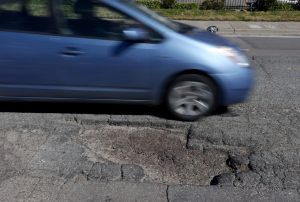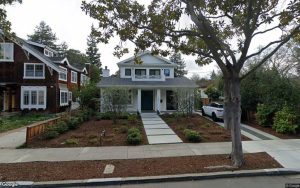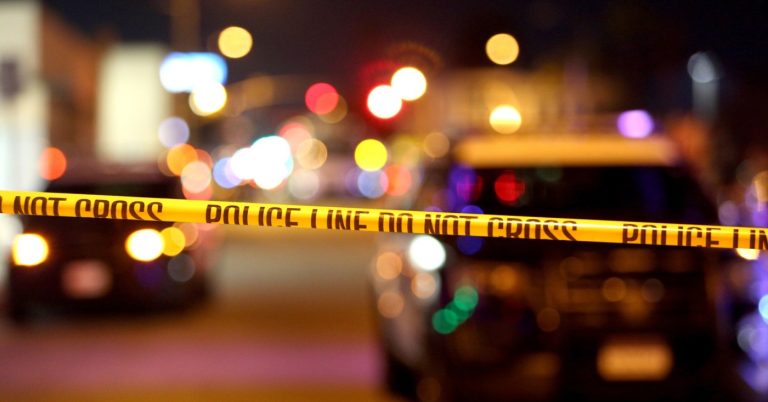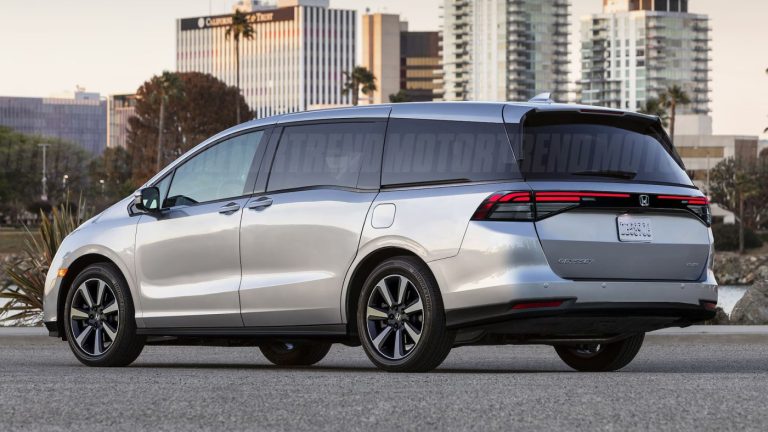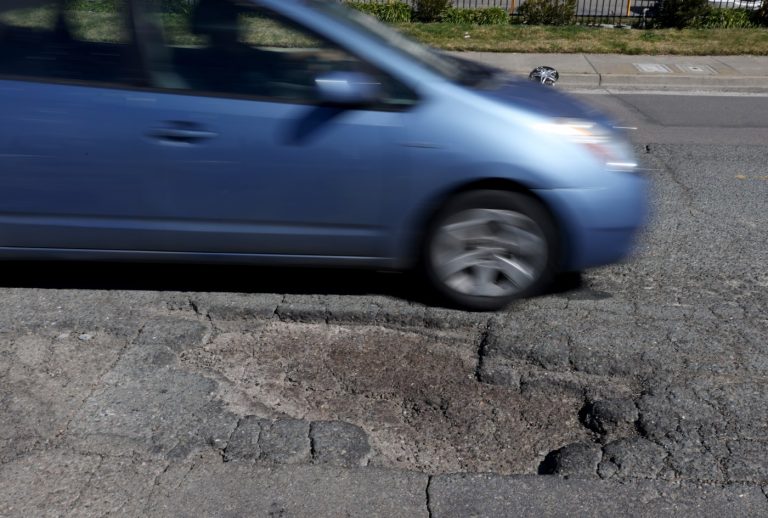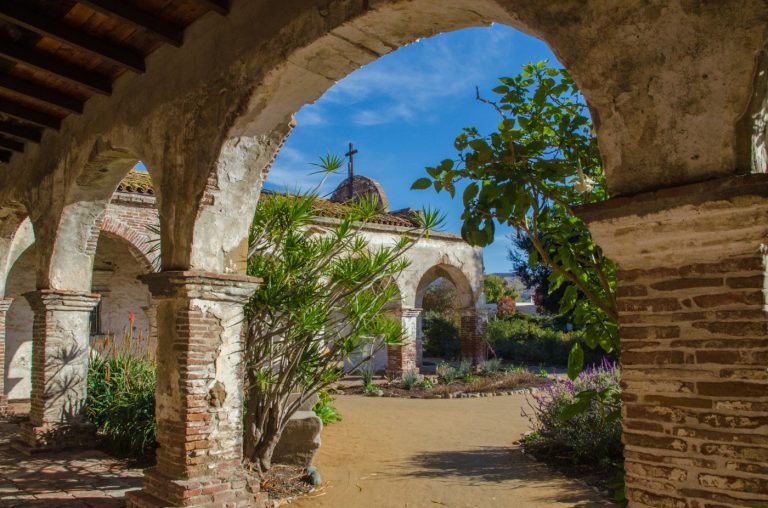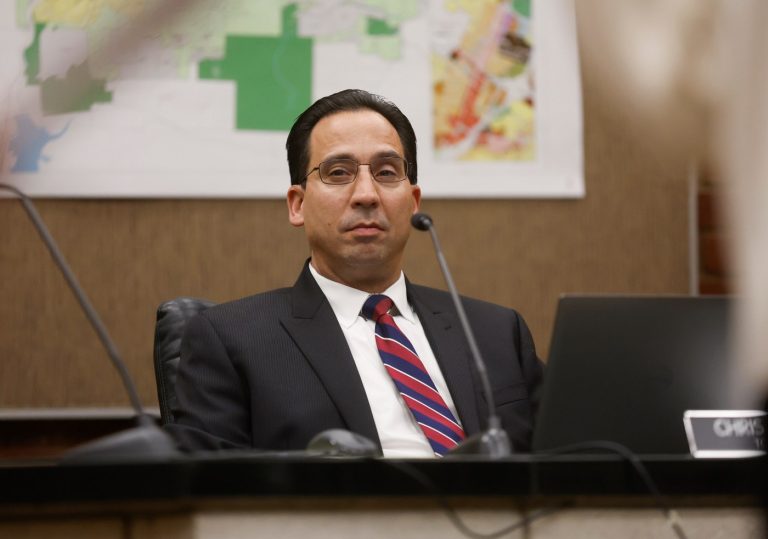BART currently has less than 50 electric vehicle charging plugs at just two stations, but that is going to change thanks to a $14 million infusion from the federal government.
The money from the U.S Department of Transportation will be used to install an undetermined number of Level 2 EV charging ports at BART-managed parking lots for use by transit riders and community members. Level 2 charging stations can power up a fully electric vehicle in about four to 10 hours.
“This grant will allow us to jumpstart our efforts to expand the availability of EV chargers at all of our stations, which will provide our riders another environmentally friendly way to get to BART,” said BART Sustainability Group Manager Monica Meagher.
BART is issuing a request for proposals to find a third-party partner to design, install, own and operate the chargers. Construction is expected to begin late next year.
Boosting the number of charging ports near BART is one of five projects that will share in the nearly $150 million pot of money that will help fund zero-emission vehicle charging and fueling infrastructure statewide.
The funding comes through the Federal Highway Administration’s Charging and Fueling Infrastructure Grant Program, which was created by the Bipartisan Infrastructure Law, signed by President Joe Biden in 2021.
BART spokesperson Jim Allison said the agency currently has 45 total plugs at its Warm Springs and Lafayette stations.
The grant news was first announced by California Sen. Alex Padilla, a Democrat who has championed emissions reduction across the transportation and freight sectors. Padilla said that by installing chargers at BART stations that are close to multifamily housing, workplaces, medical facilities, schools and retail, the project will benefit a wide range of socioeconomic groups, including disadvantaged communities.
“Thanks to the Bipartisan Infrastructure Law, these investments will help slash vehicle emissions, create good-paying green jobs and provide cleaner air for millions of Californians, including disadvantaged tribal and low-income communities,’’ Padilla said in a statement.
Related Articles
Houthi video shows rebels planting bombs on Red Sea tanker
Pack your patience: Bay Area Labor Day travel expected to shatter records
Things to see, do and eat this Labor Day weekend
Going green at Maersk: New methanol-fueled ship is christened with a new name at California port
Opinion: Federal funding gap demands a cheaper option for BART extension
BART’s news comes as California continues to expand its extensive electric vehicle charging network. The state installed more than 24,000 chargers in the first half of 2024, surpassing 150,000 chargers statewide.
“When it comes to zero-emission vehicle infrastructure, California has no peers,’’ Gov. Gavin Newsom said in a statement. “The state is all-in on clean transportation, dedicating unprecedented investments to supercharge our transition. We’re building a bigger, better charging network – faster.”
But more charging stations are needed to support demand.
Since Newsom’s executive order in 2020 calling for all new car sales to be zero-emission by 2035, electric car sales have risen dramatically. According to the California Energy Commission, 25% of all new cars sold in the state in the second quarter of this year were electric vehicles.
California is expected to receive more than $380 million from the Bipartisan Infrastructure Law for building more chargers.
